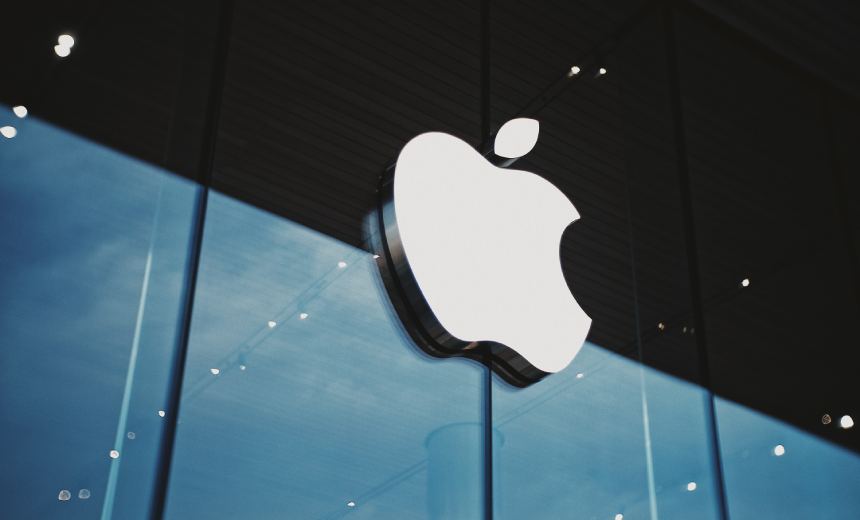Lawsuit Says Apple Stifles Innovation, Degrades Security, Suppresses Protections

The U.S. Justice Department and more than a dozen states filed an antitrust lawsuit against Apple on Thursday alleging the company is “willing to sacrifice user privacy and security” in order to maintain a monopoly over the smartphone market.
See Also: Cyber Hygiene and Asset Management Perception vs. Reality
The lawsuit charges the technology giant with stifling innovation in new apps, degrading iPhone security and privacy, and suppressing enhanced user protections. Apple’s carefully cultivated image as a protector of consumer privacy and security is little more than a “self-serving premise,” prosecutors charged.
“There are no valid, procompetitive benefits of Apple’s exclusionary conduct that would outweigh its anticompetitive effects,” the lawsuit says. “In fact, many alternative technologies that Apple’s conduct suppresses would enhance user security and privacy.”
A spokesperson for Apple told Information Security Media Group the DOJ lawsuit “threatens who we are and the principles that set Apple products apart in fiercely competitive markets.”
“If successful, it would hinder our ability to create the kind of technology people expect from Apple,” the spokesperson added. “It would also set a dangerous precedent, empowering government to take a heavy hand in designing people’s technology.”
Apple has long argued that its tight hold onto its app store and functions within devices, such as access to APIs, gives it an edge in the smartphone marketplace, since it’s able to vet apps for security flaws and keep data within its walled-off environment.
The DOJ recommends that U.S. courts end Apple’s current controlled approach to its app store and prevent the company from implementing terms and conditions “to obtain, maintain, extend, or entrench a monopoly.” Attorney General Merrick Garland said Thursday that Apple maintains a share in the U.S. smartphone market exceeding 65% while charging “as much as nearly $1,600 for an iPhone.”
“Apple creates barriers that make it extremely difficult and expensive for both users and developers to venture outside the Apple ecosystem,” Garland said while announcing the lawsuit.
The lawsuit is a long time coming. The Justice Department joins the European Union and United Kingdom in pursuing antitrust actions against Apple, which has faced allegations of maintaining a monopoly in the market for iOS app distribution for years. An appeals court sided with Apple in 2023 in an antitrust case involving the maker of the popular video game Fortnite.
The majority opinion in that case warns of difficulties ahead for federal antitrust prosecutors, since the court included that Apple’s walled garden doesn’t amount to an anti-competitive practice. Consumers who value security and privacy can select Apple and pay a premium, while those who prefer lower prices have the option of Android, judges said. “Apple’s restrictions create a heterogenous market for app-transaction platforms which, as a result, increases interbrand competition – the primary goal of antitrust law,” the opinion from the U.S. Court of Appeals for the 9th Circuits says.
Thursday’s DOJ lawsuit says Apple’s policies make users less secure when using digital wallets, since the company “intervenes in a process that could otherwise occur directly between the user and card issuer.” DOJ also said Apple “could allow iPhone users to send encrypted messages to Android users while still using iMessage on their iPhone,” a move that would significantly improve the privacy and security of iPhone users.
“If an iPhone user messages a non-iPhone user in Apple messages, the text appears not only as a green bubble, but incorporates limited functionality,” Garland said Thursday. “As a result, iPhone users perceive rival smartphones as being lower quality because the experience of messaging friends and family who do not own iPhones is worse.”
